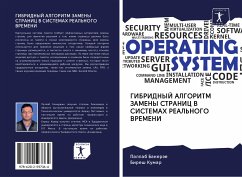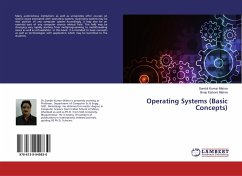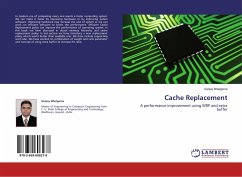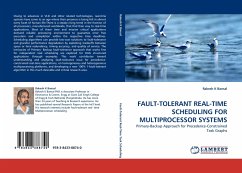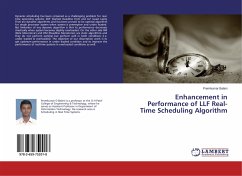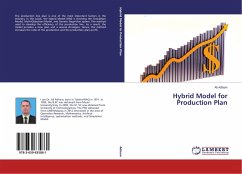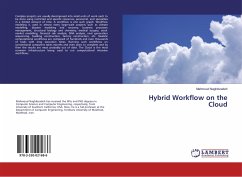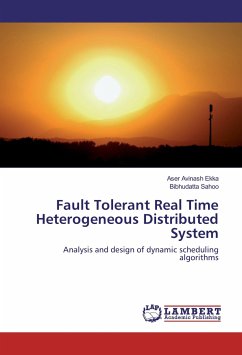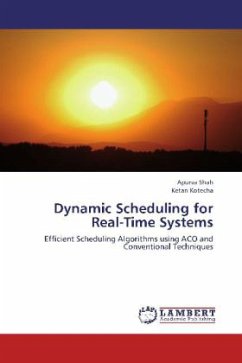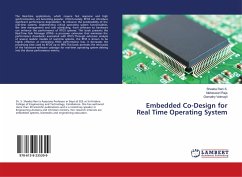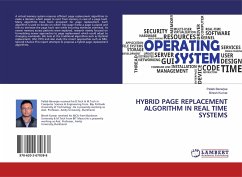
HYBRID PAGE REPLACEMENT ALGORITHM IN REAL TIME SYSTEMS
Versandkostenfrei!
Versandfertig in 6-10 Tagen
27,99 €
inkl. MwSt.

PAYBACK Punkte
14 °P sammeln!
A virtual memory system requires efficient page replacement algorithms to make a decision which pages to evict from memory in case of a page fault. Many algorithms have been proposed for page replacement. Each algorithm is used to decide on which free page frame a page is placed and tries to minimize the page fault rate while incurring minimum overhead. As newer memory access patterns were explored, research mainly focused on formulating newer approaches to page replacement which could adapt to changing workloads. We look at the traditional algorithms such as Optimal replacement, LRU, FIFO and...
A virtual memory system requires efficient page replacement algorithms to make a decision which pages to evict from memory in case of a page fault. Many algorithms have been proposed for page replacement. Each algorithm is used to decide on which free page frame a page is placed and tries to minimize the page fault rate while incurring minimum overhead. As newer memory access patterns were explored, research mainly focused on formulating newer approaches to page replacement which could adapt to changing workloads. We look at the traditional algorithms such as Optimal replacement, LRU, FIFO and also study the recent approaches such as NRU, Second Chance.This report attempts to propose a hybrid page replacement algorithms.



